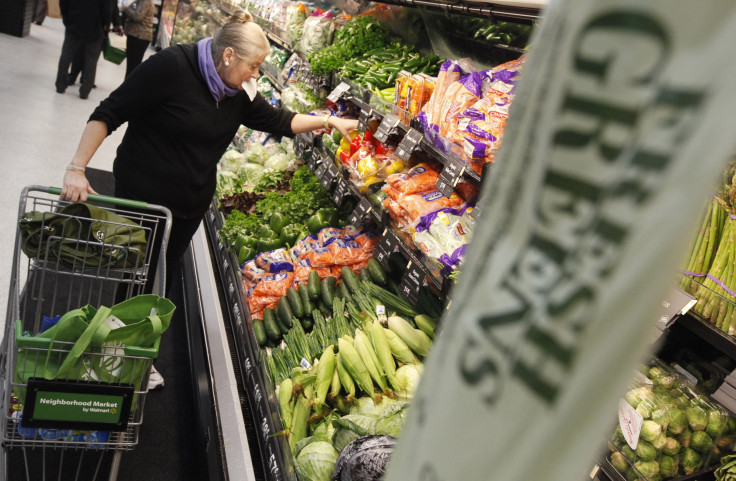Americans Throw Away $165 Billion Worth of Food Every Year

Americans waste nearly $165 billion worth of food annually, according to a report by Natural Resources Defense Council.
The report says that almost 40 percent food is left uneaten which is about 20 pounds of food per person per month. This extra food ends up in landfills where it accounts for 25 percent of methane emission.
Currently, one in every 6 Americans has no food-security, meaning little to no access to safe or healthy food. Cutting down food losses by just 15 percent would be enough to feed 25 million Americans every year. Food insecurity can lead people to eat unhealthy foods. Medical Daily had earlier published a study report from the American Academy of Pediatrics that said that mother deal with food-insecurity tend to feed their children foods that can lead to weight gain later in life.
The report suggests that by shopping wisely, cooking only what is required and eating their leftovers, people can reduce food wastage.
An average American wastes 10 times more food than a person living in Southeast Asia. Americans are throwing away more food now than in the 1970's.
"As a country, we're essentially tossing every other piece of food that crosses our path. That's money and precious resources down the drain," said Dana Gunders, scientist, Natural Resources Defense Council's food and agriculture program, Reuters Health reports.
And it's not just food that is going to the trashcan, the reports says that huge amounts of water, land, chemicals and other resources are wasted due to food wastage. The report says that production of food in the U.S. takes up about 80 percent of the freshwater consumption and about 50 percent of the available land.
"No matter how sustainably our food is farmed, if it's not being eaten, it is not a good use of resources," said Gunders to Reuters Health.
Tips to reduce food waste
Shop wisely - buy only what you need and make sure to carry a shopping list. Always check cupboards to avoid buying extra. Buying imperfect vegetables and fruits that don't have a perfect shape or size will also help in reducing waste.
Use by date - don't throw away foods that have passed the expiration date. The dates aren't standardized except for baby food products. Most foods can be eaten, especially the dry ones, even after the use-by date.
Leftovers - serve smaller portions and freeze and leftovers so that they can be eaten later in the week.
The European Union has adopted a resolution to reduce food waste by 50 percent in the year 2020. The UK has already been able to reduce food wastage by almost 18 percent in just five years.



























